Granted, the comment was eloquent, passionate, and succinct, a good piece of writing in its own right. It said:
"FUCK YOU AND YOUR FUCKING BOOK. BURN IN HELL YOU SONOFABITCH"
Just like that – all caps to further get the point across. Oh, and it was thoughtfully submitted by a fan named “FUCKYOU.”
I could only take a wild guess. They say when faced with something like this, go with your first gut instinct, so I answered with the first person who came to mind who probably wrote it:
Could it be a Costa Rican national, upset that I told the truth about my experiences in the wonderful shit show that is Tamarindo? Maybe, but very few Ticos would lower themselves to actually reading my inane blog, and their death threat would be more overt, like: “I’M GOING TO STAB YOU IN YOUR LEFT COJONE WITH A RUSTY FORK YOU PUTA GRINGO!!!” In fact, it only takes about $350 do put a hit on someone in Costa Rica, so if a Tico really wanted to do me harm they’d probably do it the right way and not hold back via a blog comment. Give them some credit! So we're back to speculating if he is a bitter expat, someone who has a financial interest in Tamarindo? Am I getting warmer?
So who can you be? The suspense is killing me, Mr. FUCKYOU! Your comment is like being held down and tickled, and I just can’t stand it!
Maybe you aren't a Mr. at all, but a gilded ex-lover, a MS. FUCKYOU? Probably not, because those have been few and far between lately (the lover part, I mean – there are plenty of the gilded kind). Or maybe it was a typo, an innocent mistake, and "FUCK" is actually your first name, and "YOU" your last name? So from now on I will address you as Mr. You. Ahhh hell, we know each other better than that, so let's keep it on a casual first name basis, shall we? You can call me "Norm," and I will just call you "FUCK." Is that better?
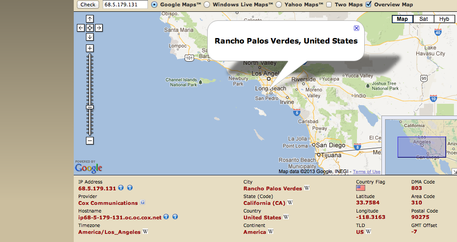
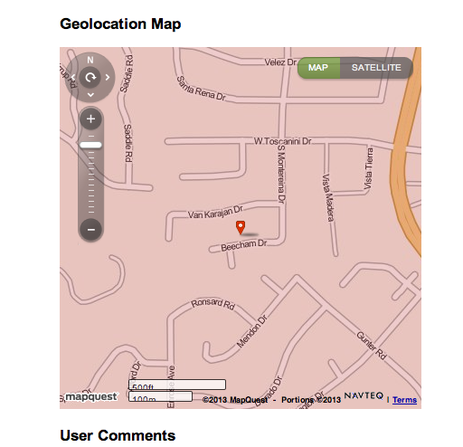
Surprisingly, you wrote this from the United States. California, in fact. Let me zoom in on Google Earth. Zoom, zoom, zoom. It’s in Southern California, near Los Angeles. Zoom, zoom, zoom. In a place called Rancho Palo Verdes. Zoom zoon zoom. Wow – this is cool! I can track your IP address down to a little red dot in the middle of Beecham Drive, a small street that only has a few houses! It looks like a part of town with grand, expensive houses - you must be a BIG FUCK! And if I cross-reference that with Los Angeles country property tax records, PRESTO! I have the names of the homeowners and even your exact address!
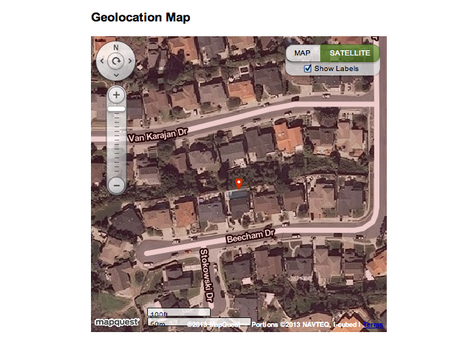
Ok, Mr. FUCKYOU, I have to go now, but it’s been fun, and thanks SO much for keeping us entertained!
See you soon!
Warm Regards,
Norm "GOFUCKYOURSELFRIGHTBACK" Schriever


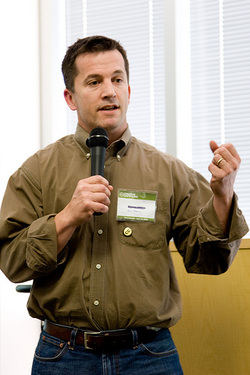
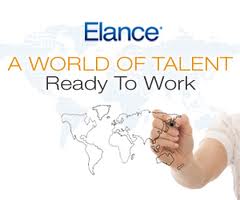
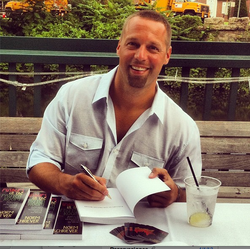



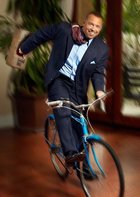


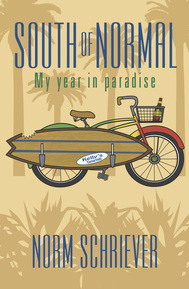


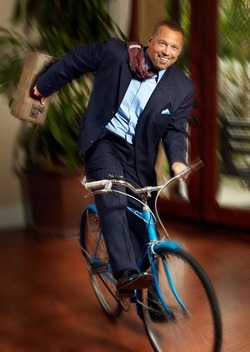
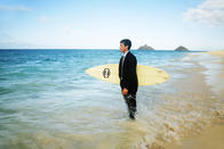

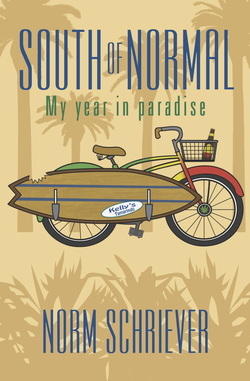

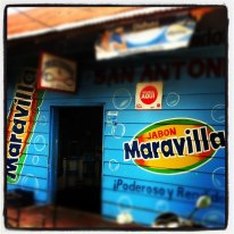
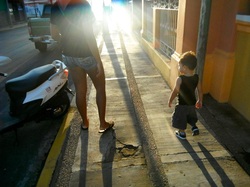





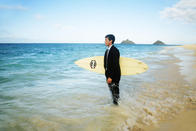
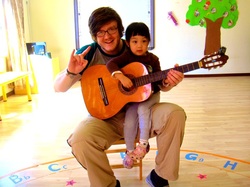
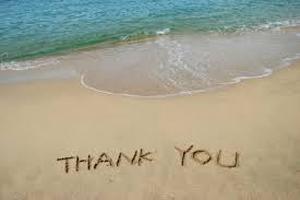
 RSS Feed
RSS Feed